112 is the European emergency number, available free of charge, 24/7, anywhere in the European Union. Citizens can dial 112 to reach the emergency services, including the police, emergency medical services and the fire brigade.
EENA believes that having a common emergency number everywhere in Europe is directly benefiting citizens and visitors but, unfortunately, this potentially life-saving number is largely unknown.
What is 112?
112 is the emergency number in all 27 EU member states, as well as other European countries and elsewhere. People in danger can call 112 24/7 to reach the fire brigade, medical assistance and the police.
The European emergency number is free and can be reached by landlines as well as mobiles. The increased levels of Europeans travelling within the EU led to the Council of the EU introducing a common emergency number in all states to avoid the need of remembering different national numbers depending on one’s location. 112 is an easy number to remember and the only number one needs to know when travelling in the EU, a great tool when considering the state of distress people find themselves when in an emergency.
Why 112?
Many countries have multiple emergency numbers. For example, in France, you can call 15 for medical services, 17 for the police, and 18 for the fire service. But in an emergency, it can be hard to remember which number you need to use. Visitors to the country may also be unaware of each number. 112 is simple and easy to remember.
That’s why 112 became the single European emergency number in 1991. The European Electronic Communications Code ensures that in Europe, you can contact 112 from any phone, wherever you are, for free. While you can still use your country’s individual emergency numbers, 112 works in the countries below.
Where is 112 available in Europe?
The common European emergency number 112 is available in the following European countries: All EU Member-States, Albania, Georgia, Moldova, Iceland, North Macedonia, Montenegro, Liechtenstein, Norway, Serbia, Switzerland, Turkey, UK.
how can people with disabilities contact emergency services?
European Union legislation (the 2018 European Electronic Communications Code, 2019 Accessibility Act) requires equivalent access to emergency services for people with disabilities, but this has not yet been fully implemented. Several solutions are currently in use in different European countries, including total conversation, relay services, SMS, Real-time Text (RTT), smartphone applications and fax.
For more information on our work in this area, read our Emergency Services Accessibility for Persons With Disabilities Document and our accessibility page.
What Should I do when dialling 112?
Please note that the points below are not exhaustive but merely an indication of useful tips that are thought to benefit people in distress when dialling the emergency number.
When calling 112 it is important to stay calm. You need to provide the emergency service with relevant information.
If you can, make the call yourself. No one can explain the situation better than you.
It may take a little time, but every repeated call is considered a new one and is put at the end of the queue, therefore the time of getting through might be prolonged.
When the operator answers your call, say your name, try to explain what happened and who is involved. Also, try to indicate your location the best way possible. It makes it easier for emergency services to reach you.
Answer the questions and follow the operator’s advice. Do not hang up until the operator says so. Try to keep your phone line free until the emergency services reach you. The dispatcher may need to contact you for further information.
If the situation changes, for better or for worse, call 112 again and report it.
Sometimes several people call 112 reporting the same emergency. In those cases, do not be surprised if the operator only asks you for additional information and ends the call. This is normal procedure to avoid repeated information, to free the phone line faster and to ensure a prompt answer to the next emergency call.
It is important to know when to dial the emergency number. False calls, whether knowingly or not, divert emergency services from people who need urgent help.
Can I help raise awareness?
Would you like to contribute to the safety of Europeans? Then, we would be grateful if you used your position to help us raise awareness of 112. Every voice can make a difference in someone’s life!
Are you a citizen? It is up to all of us to spread the message! We invite everyone to inform their family and friends about the value of 112. If we combine our voices, we can make a true difference in the lives of the people we have around us.
You can also like us on Facebook, LinkedIn, and follow us on Twitter!
Are you a public authority? We invite you to use the communicational channels at your disposal to promote citizens’ safety by raising awareness of 112.
Are you a private organisation/company? If applicable and relevant, we invite you to use your visibility to inform your employees and clients about the European emergency number 112.
